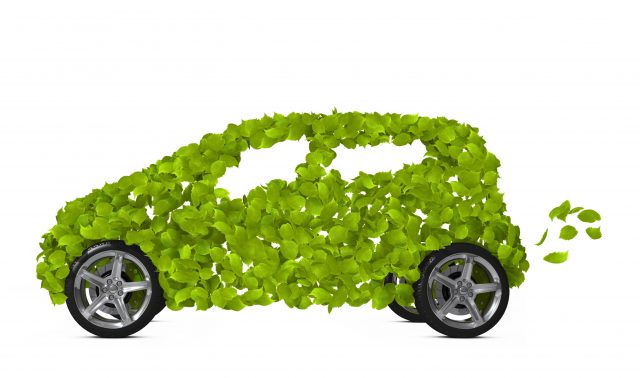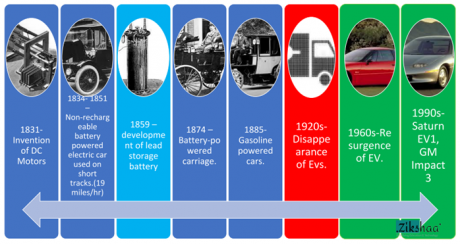Having started a set of posts about the future of touring caravans, I feel that I can not properly cover the topic without considering the question are Electric Cars really eco-friendly? Now I don’t want to get into the whole climate control debate, as that is a far-reaching subject. However when looking at the question that affects our long term ability to enjoy our past time of caravanning with our Eribas I find myself having to consider whether electric cars are a long-term reality for caravanning needs. Or, in fact, will there be a need for touring caravans towards the end of the 21st century?
The Debate
I am sure that all will consider that there is divided opinion as to whether electric cars are in fact eco-friendly. I do not intend to lay out all the arguments as they are easily accessed. I thank my friend Graeme for bringing my attention to this article:
Are Electric Cars Really Greener? (Click on the red to read the full article)
This article does a good job of presenting all of the information for you to become informed and placing the electric car in the wider climate control debate. Take the time to read it and you will have a good source to help you make up your own mind.
If you search the internet you will find numerous references to the topic of the eco-friendly status of the electric car. A simpler presentation of the debate can be found by reading the article, How eco-friendly are electric cars.
From my personal point of view, there are a couple of inescapable facts that will ultimately drive the debate and hence the solution. To get to the solution will not be instantaneous but will have to be a gentle evolution as the public’s perception of needs and requirements will have to change. This will take time, even if the technology is available.
I think one of the first facts to be considered is that of population density. It is predicted that the world’s population will be such that over 60% will be resident in urban environments. Such a concentration of people will require clean air to be healthy. In this context, it is easy to understand that a zero-emissions transport system will be favoured and is a pro for electric vehicles. The question of a vehicle’s overall ‘green credentials’ is somewhat secondary set against the objectives of an immediate clean environment. I appreciate this is not solving the problem but displacing it. This displacement meets the short term goal, buying more time to research and find answers for the definitive solution. We already see in some of the world’s top tourist attractions the compulsory use of electric vehicles to protect the resident population and visiting tourists as well as the architectural features. Zermatt in Switzerland at the foot of the Matterhorn is one such example.
Likewise, it is also understandable that in such high-density populated areas that there will be pressure to evolve our perceptions about car-ownership and a move to public transport systems. In today’s society, these are very big goals to set owing to the general views about the inefficiency and inaccessibility of public transport and the status symbol attached to ‘car ownership’.
There are many aspect of future transport that will need to be discussed. The ability to get from population centre to population centre or to rural locations. The movement of goods supplies and tourists, but it is hard to take ‘transport’ as a single issue in the greater debate about how our lives are going to look like as we hit the 22nd century.
Another of the important questions is that of base resources. We are constantly stripping the world of its natural resources. Some such resources that are organic are renewable. There are however non-organic resources that are in fact finite by nature and some of these that we are becoming heavily dependent on are in the ‘rare’ classification. Once we have exhausted these sources what do we do then? If we become totally reliant on such resources we are setting ourselves up for a major problem. The only short term answer is not to become dependent on such finite resources, such as Lithium that is critical to modern battery production and essential in the electric car.
My Conclusion
I think without a doubt the electric car is not definitively eco-friendly, but it does serve as an immediate to middle-term solution for the problem. So I would imagine that for the next 30 years we will see the development of the electric car as we hold on to the concept of vehicle ownership before we evolve to the next concept of mobility, however that might look.
As ever, I invite you to make make comments and give your views and opinion by responding to this post below. The more we discuss the better our understanding and that will help fuel our evolution with regards to this subject.


